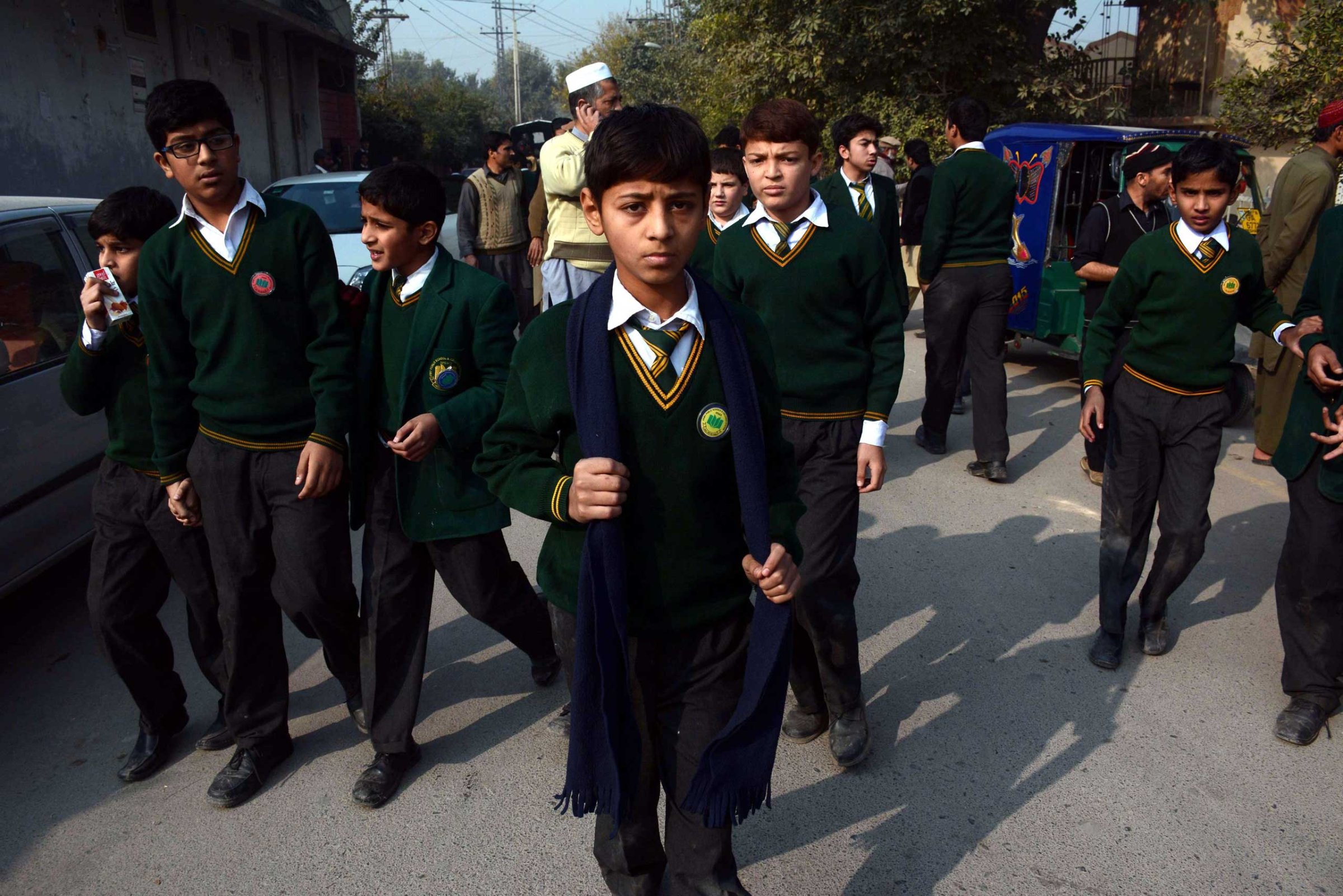
The Taliban’s attack on a Peshawar school that left at least 132 school children and nine members of staff dead on Tuesday was described by Maryam Nawaz Sharif, the daughter of the Pakistani Prime Minister Nawaz Sharif, as “the biggest human tragedy Pakistan may have ever seen”.
The massacre follows a relative lull in violence in Pakistan since the attack on the country’s biggest airport on June 9, in which 36 people were killed, including ten gunmen. The Pakistani government responded by launching a military offensive against Taliban strongholds in the North Waziristan region of Pakistan which borders Afghanistan.
The offensive, which the Pakistani military says has killed over 1,500 Taliban fighters, may have suppressed many attacks outside the border regions but appears to have been the cause of Tuesday’s attack.
A spokesman for the Pakistani Taliban said they had attacked the army-run school “because the government is targeting our families and females,” although the Taliban has attacked hundreds of Pakistani schools in the past.
But analysts are divided on whether the attack suggests the Pakistani army has been successful in its offensive and the Taliban attacked the school as a desperate act of weakness or if the army has failed in its objectives and the attack can be seen as the Taliban re-asserting itself.
See Tragic Photos of the Taliban School Attack
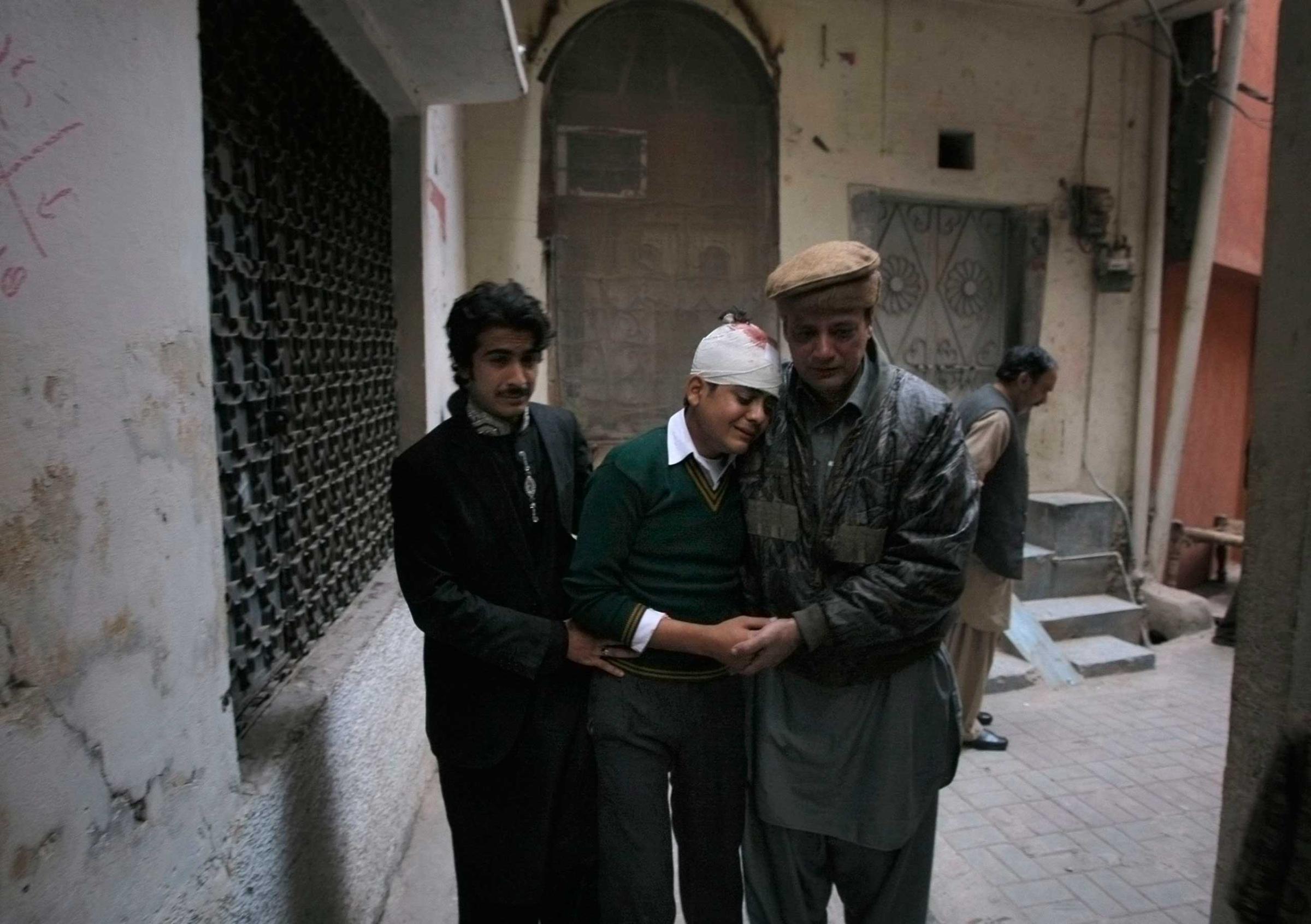
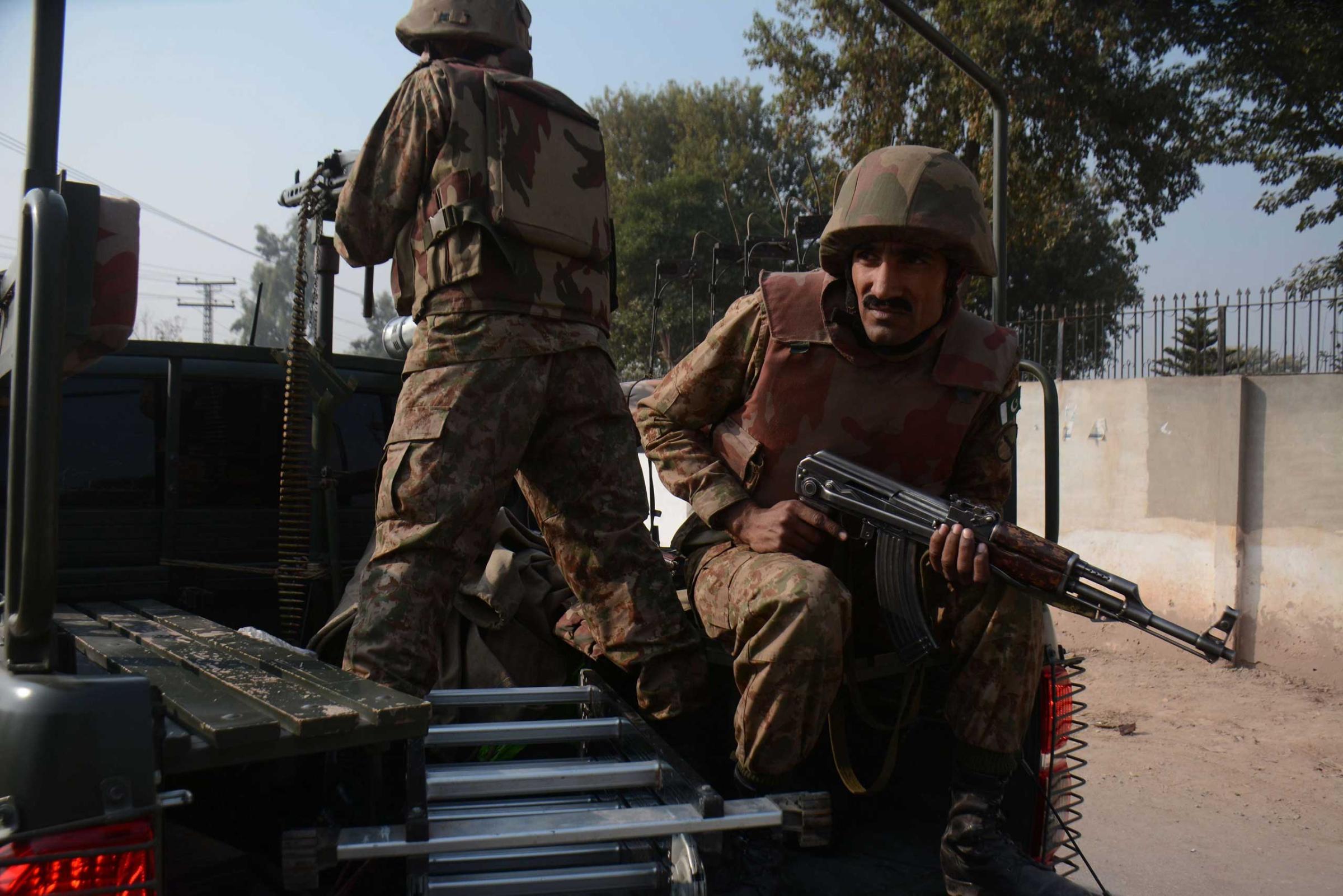
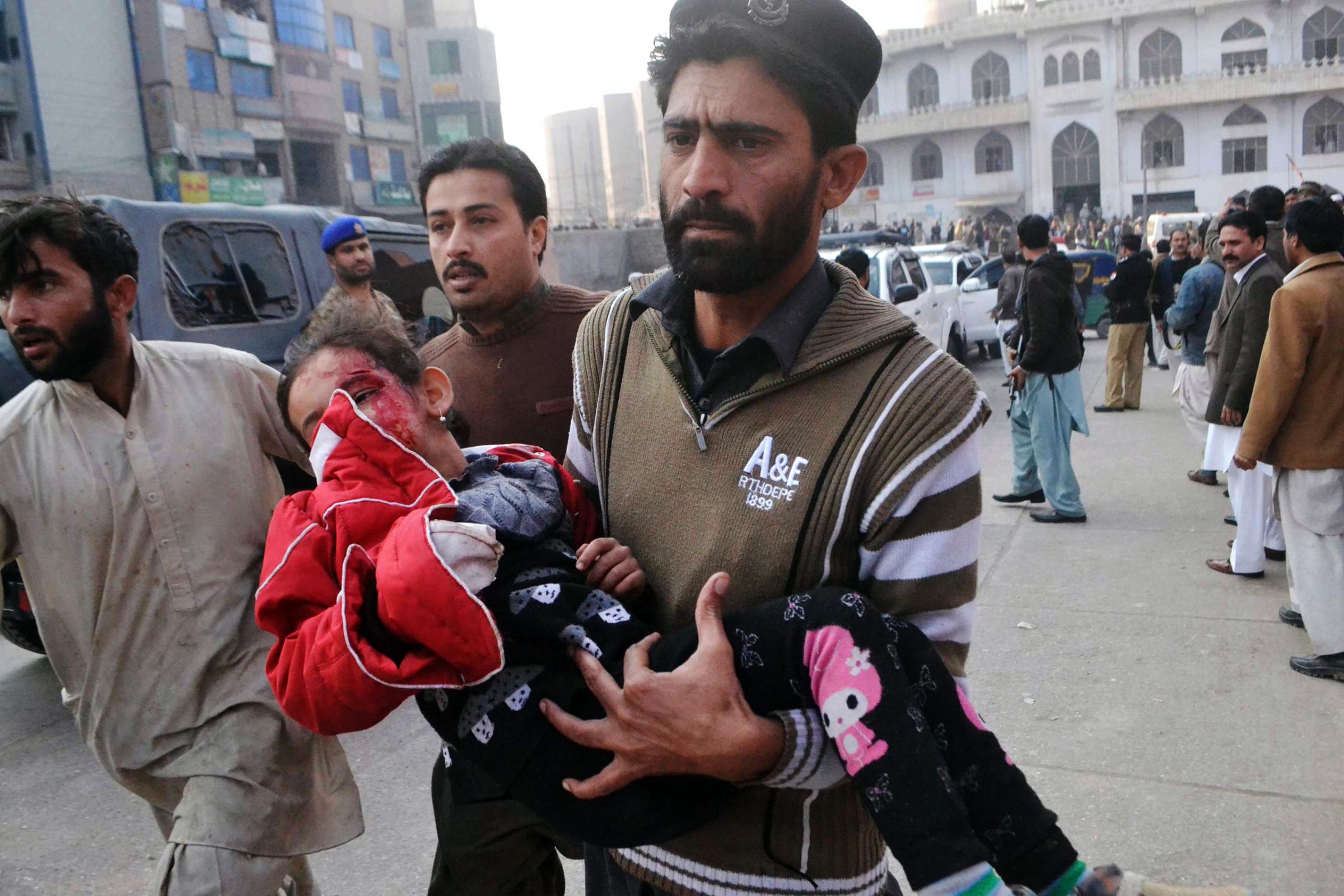
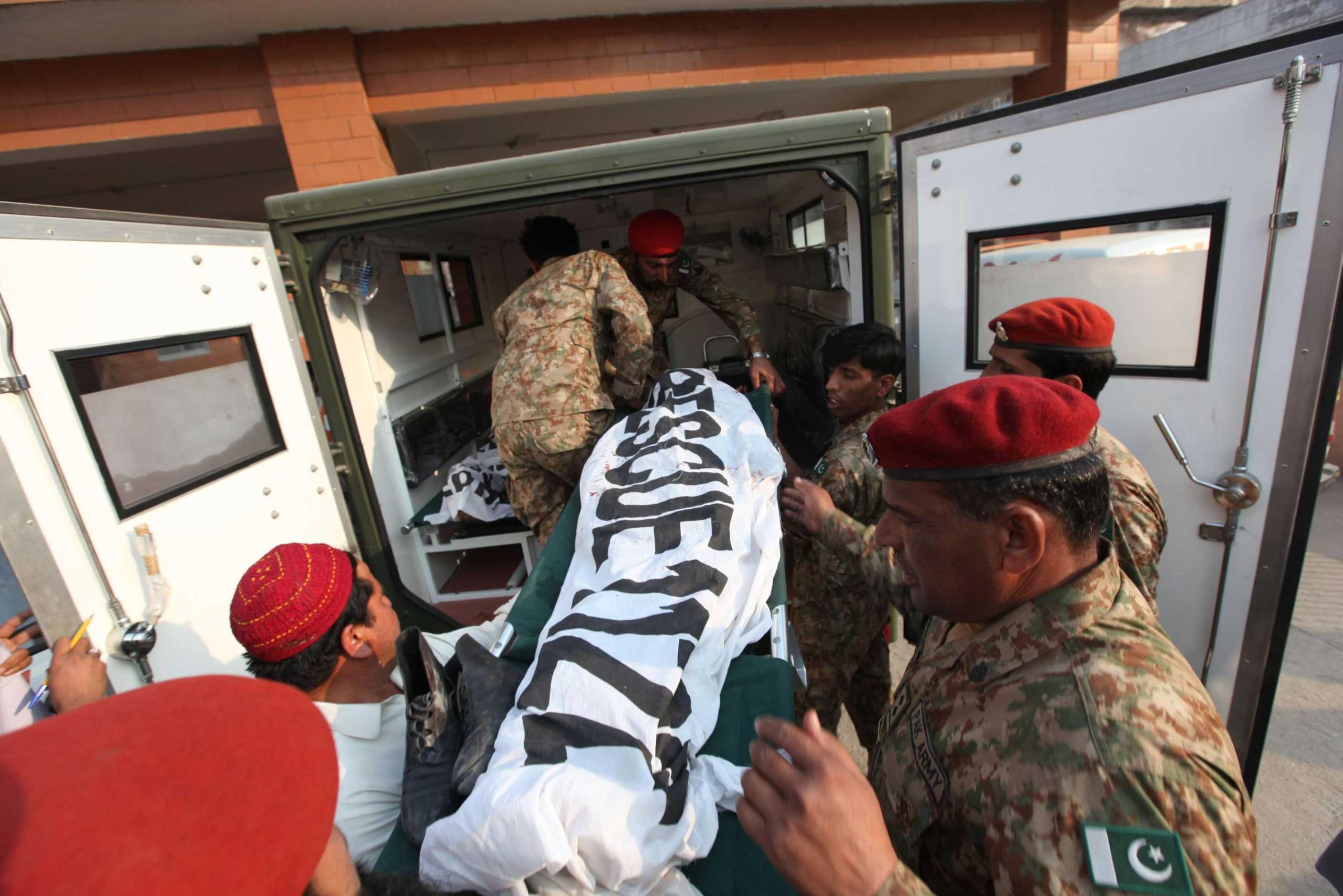
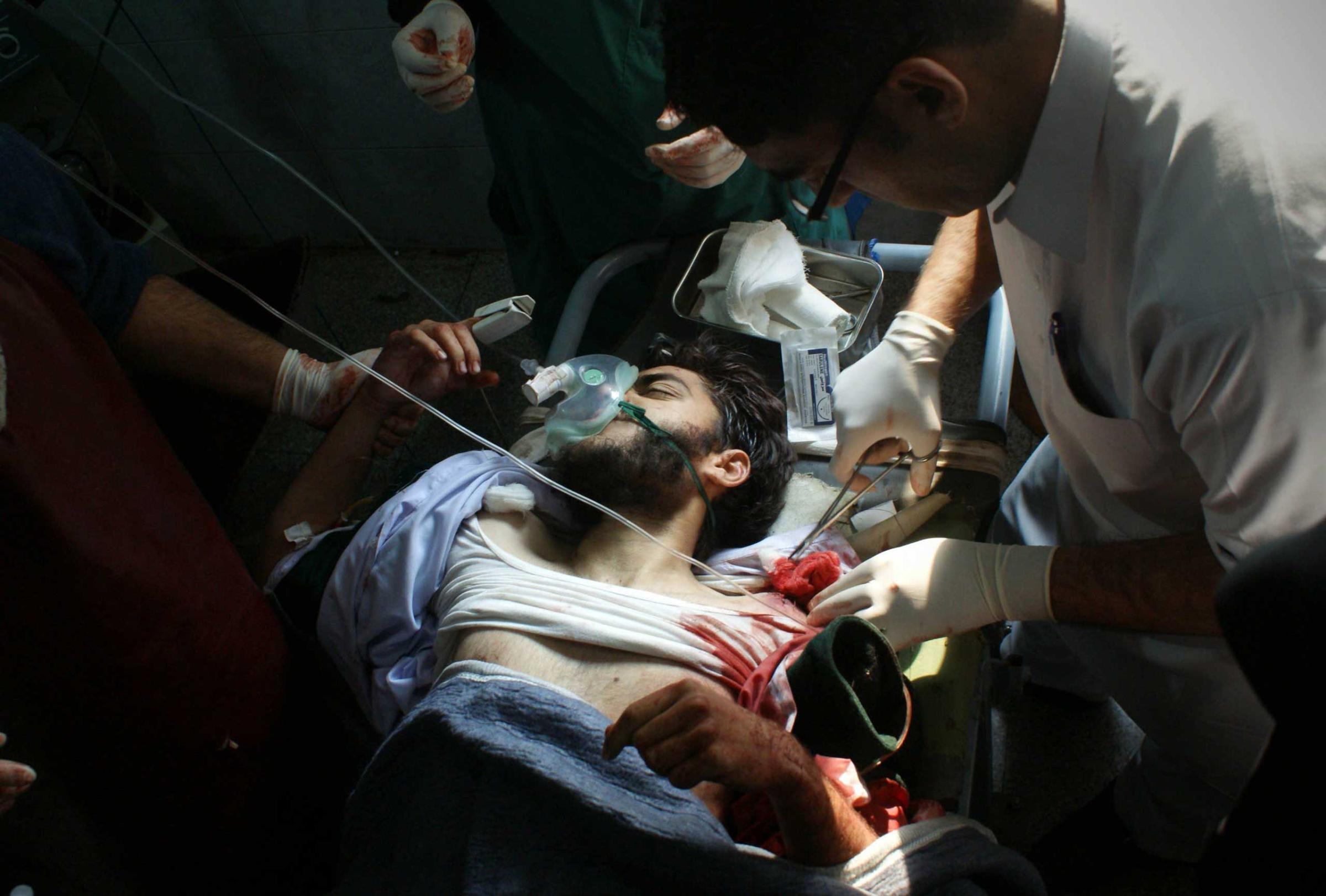
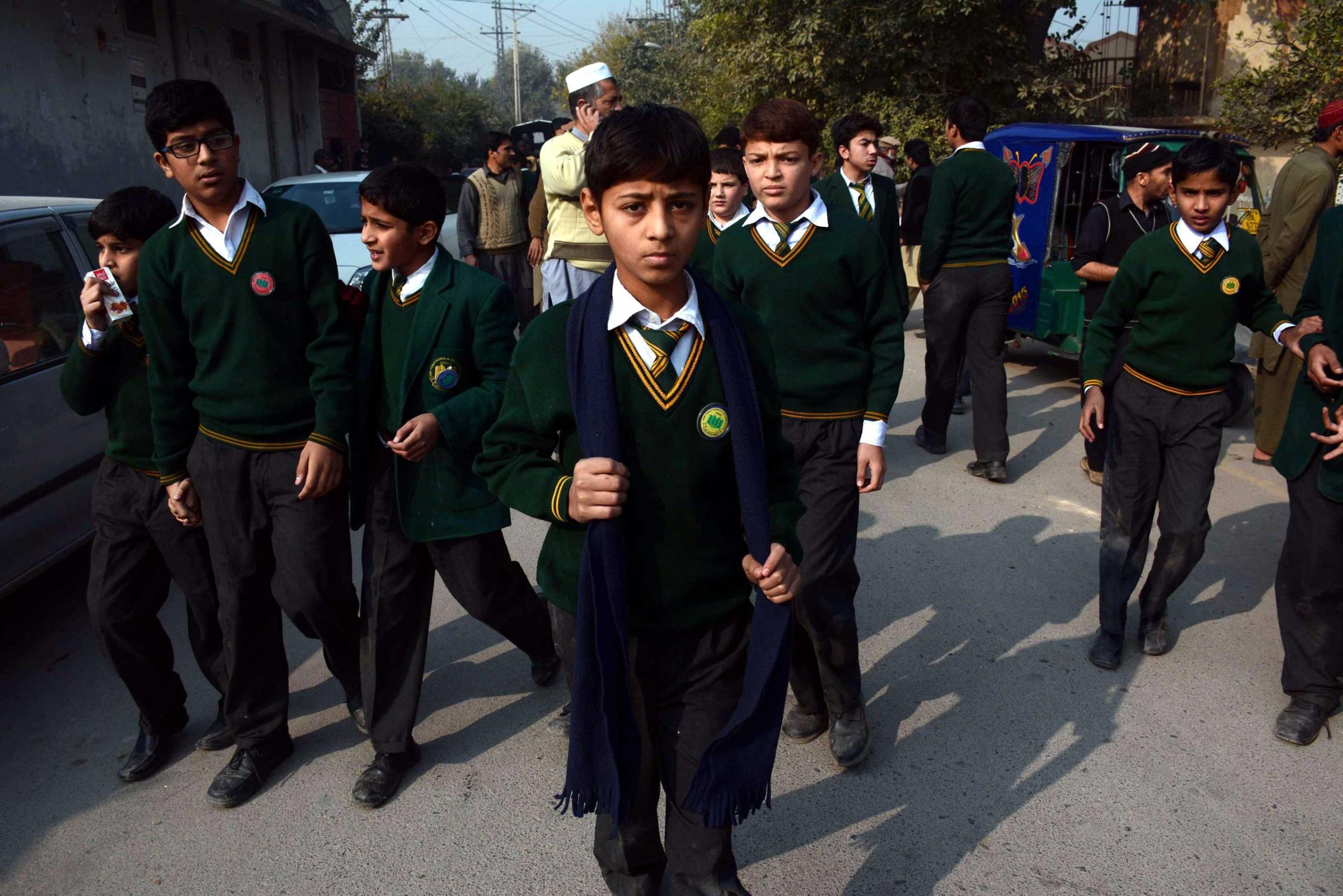
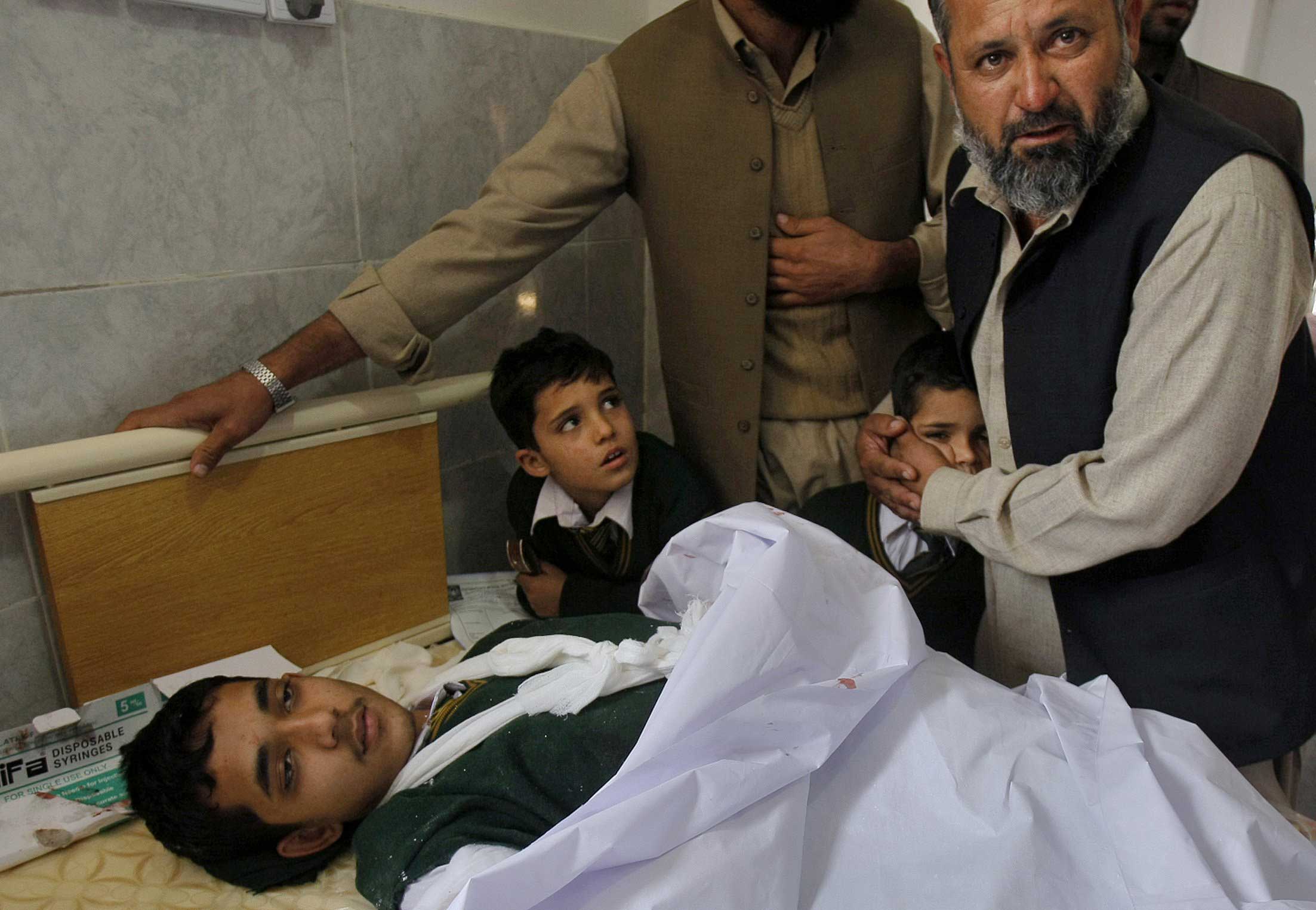
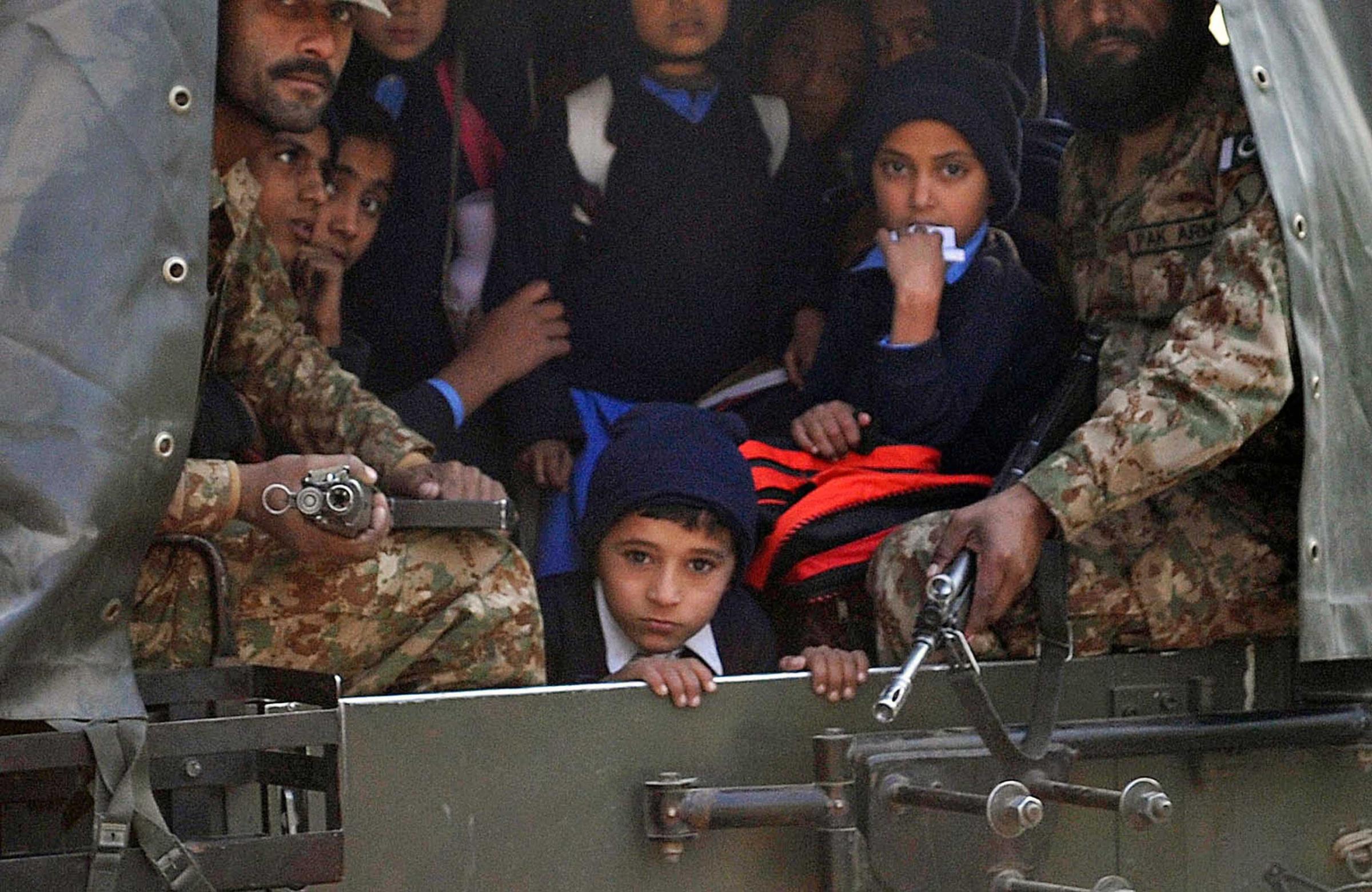
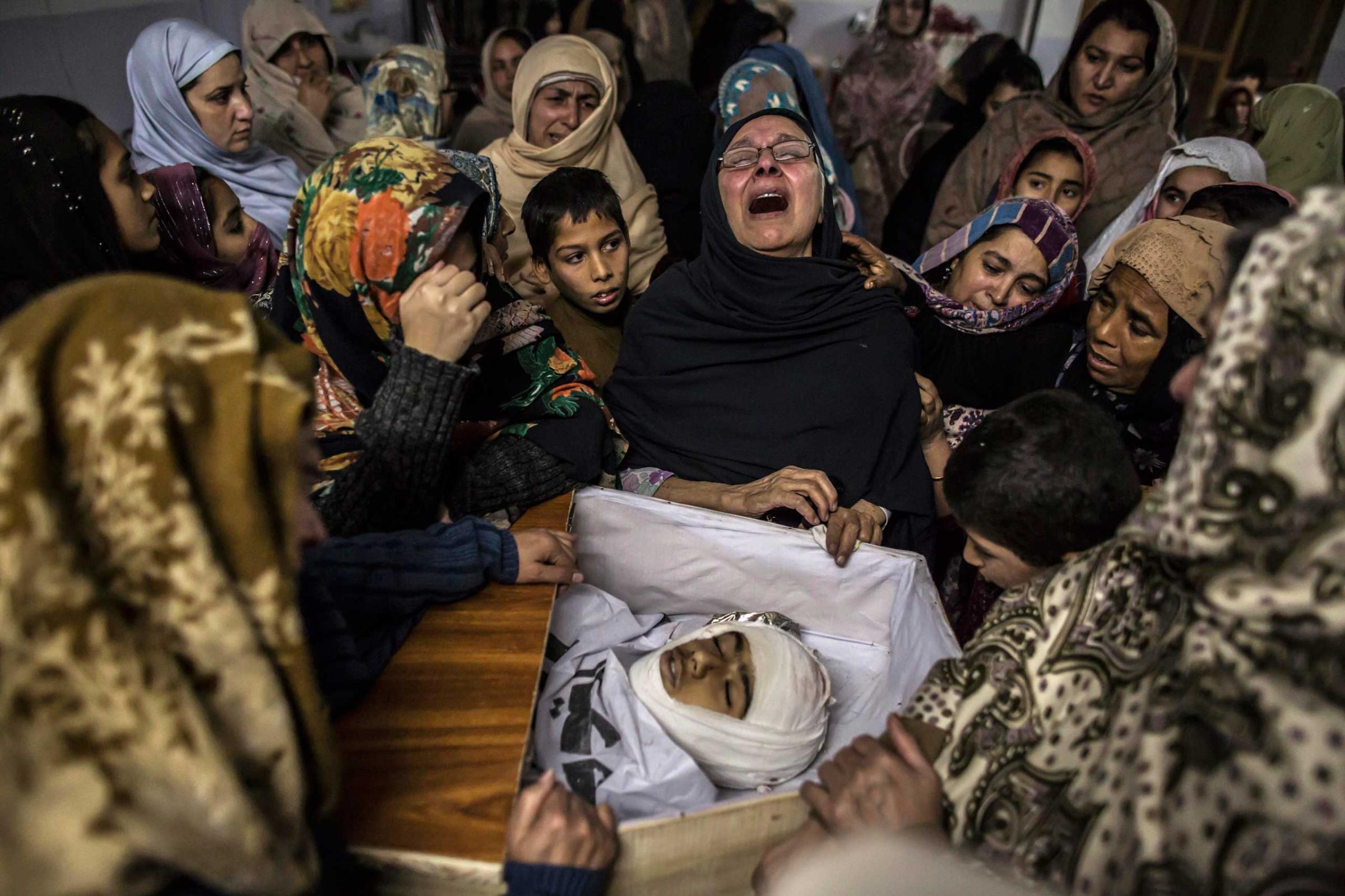
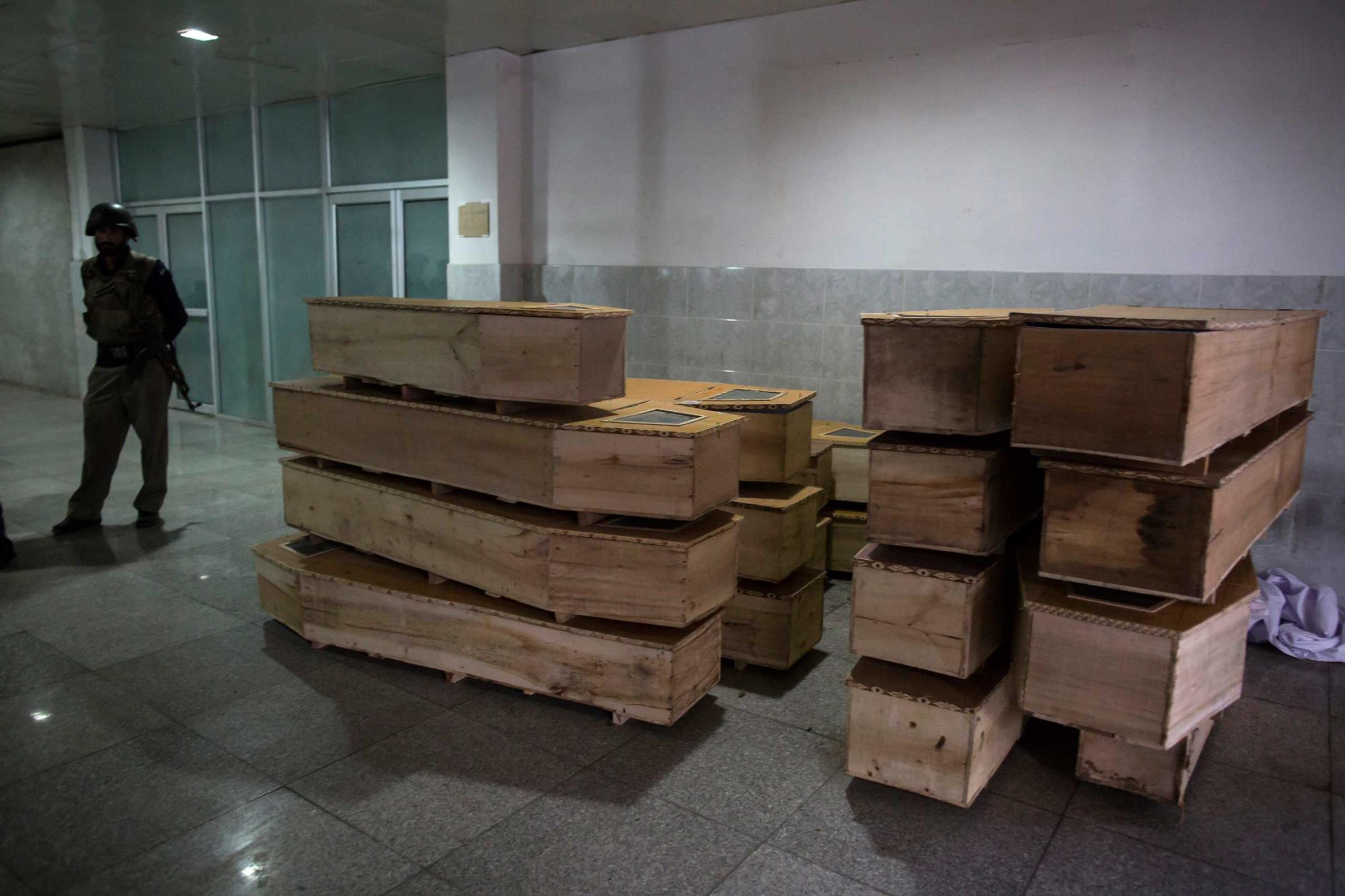
Gareth Price, senior research fellow at London-based think-tank Royal Institute of International Affairs at Chatham House, says that Pakistan’s offensive combined with similar activity by the government of Afghanistan has put the Taliban on both sides of the border under unprecedented pressure. “In the past couple of weeks, the Americans and the Afghans have been taking action and targeting the Pakistan Taliban in Afghanistan,” he says.
Since the launch of the June offensive, the United States’ relationship with Pakistan, marked by strains and tensions over the past decade, has appeared to improve, says Price, with the U.S. inviting Pakistan’s army chief General Raheel Sharif to Washington earlier this month.
Price suggests the Taliban is desperately seeking high-profile targets to convey the impression that it’s stronger than ever. “The Taliban in Pakistan are a fringe, if a substantial fringe,” he says. “This [attack] should be seen as coming from a position of weakness rather than a position of strength.”
Michael Kugelman, an expert in South Asian affairs at the Washington D.C.-based Woodrow Wilson International Center for Scholars, disagrees, suggesting that the Pakistan Taliban may be ready to strike in a more coordinated fashion once again.
“To me, this attack seems very well-coordinated and would have required a lot of advance planning. What’s scary about this is that it looks like the Taliban is ready to return to the fight,” he says. “The military offensive was able to eliminate and kill a number of Taliban fighters and operatives, but it certainly did not destroy them. The Pakistan Taliban just needed time to get reoriented because its leaders had been dispersed to other areas and it needed to reestablish communications with allies.”
Kugelman believes this latest event will renew a cycle of violence that will involve retaliatory terrorist attacks on civilians and an increase in military operations. This violence could have immense humanitarian consequences and recruit more to the radical cause, he says. “Today really marks a new phase in the Pakistan Taliban’s incredibly violent insurgency against the Pakistani state.”
The question of whether the attack is a desperate comeback from a militant group under pressure or the first step in a new phase of the Taliban’s war against Pakistan remains to be seen. Gen. Sharif said that the Pakistan airforce launched massive air strikes against the Taliban shortly after the school was secured on Tuesday and Prime Minister Sharif vowed to continue the military operation: “The fight will continue. No one should have any doubt about it.”
More Must-Reads from TIME
- Why Trump’s Message Worked on Latino Men
- What Trump’s Win Could Mean for Housing
- The 100 Must-Read Books of 2024
- Sleep Doctors Share the 1 Tip That’s Changed Their Lives
- Column: Let’s Bring Back Romance
- What It’s Like to Have Long COVID As a Kid
- FX’s Say Nothing Is the Must-Watch Political Thriller of 2024
- Merle Bombardieri Is Helping People Make the Baby Decision
Write to Naina Bajekal at naina.bajekal@time.com